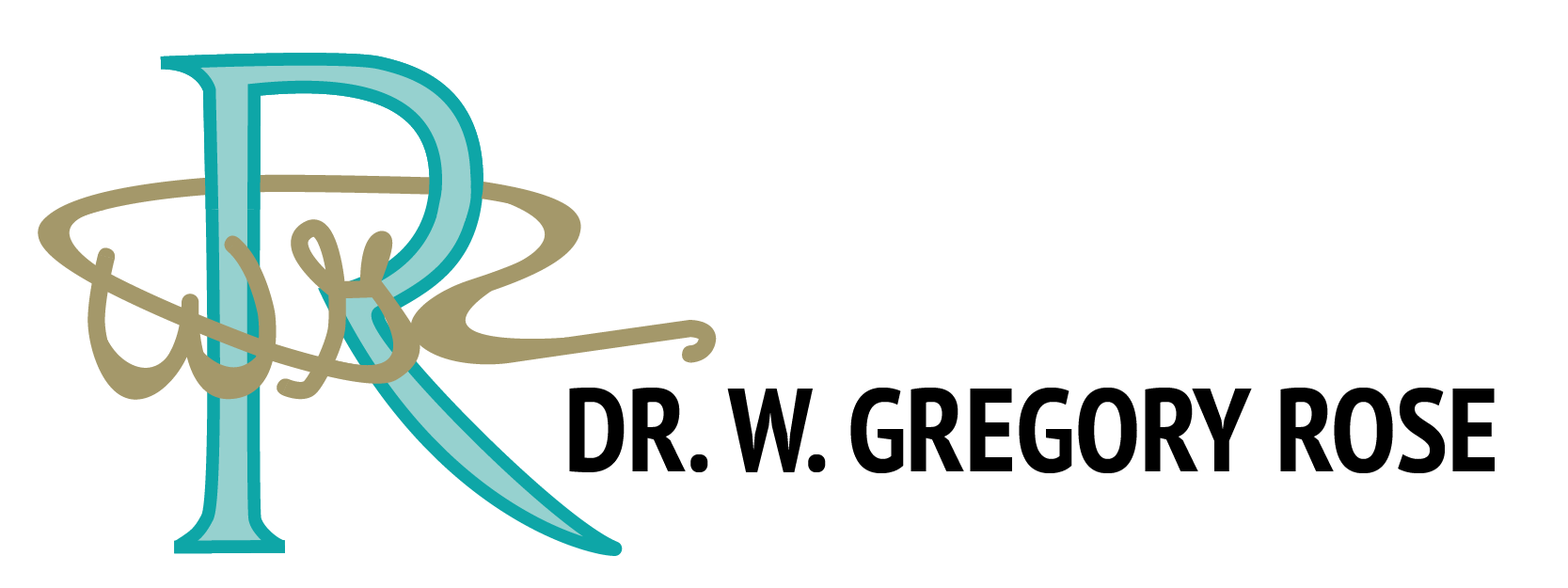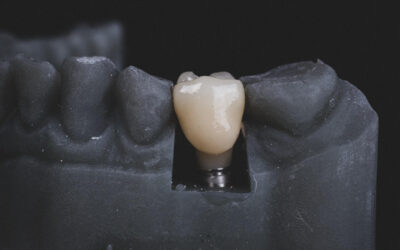Mouthwash: Miracle Elixir or Marketing Myth? Unmasking the Effectiveness of Over-the-Counter and Prescription Rinses
Ah, mouthwash. The minty swirl of promise swirling around our pearly whites, banishing bad breath and keeping cavities at bay. But with shelves overflowing with colorful bottles boasting diverse claims, can we truly decipher the effectiveness of these rinses? Let’s plunge into the bubbly depths of over-the-counter (OTC) and prescription mouthwashes, separating fact from fizz.
OTC Mouthwashes: The Accessible Arsenal of Active Ingredients
These readily available rinses offer a variety of benefits, targeting everything from fresh breath to plaque control. Here’s a breakdown of the common active ingredients:
- Chlorhexidine Gluconate (CHX): This powerhouse ingredient disrupts bacterial cell membranes, effectively reducing plaque and gingivitis. Think of it as a microscopic SWAT team taking down the bad bacteria. However, CHX can stain teeth and alter taste, and shouldn’t be used long-term without supervision.
- Hydrogen Peroxide: This bubbly agent foams its way to kill bacteria and remove debris. While effective for short-term gum inflammation, it can irritate sensitive tissues and shouldn’t be swallowed.
- Fluoride: This mineral hero strengthens tooth enamel, preventing cavities and promoting remineralization. Fluoride mouthwashes are particularly helpful for individuals with a high caries risk.
- Essential Oils: Tea tree oil, peppermint oil, and others boast natural antibacterial and anti-inflammatory properties. While research is ongoing, some studies suggest their effectiveness in mild cases of gingivitis.
Prescription Mouthwashes: The Targeted Troops
For more severe oral concerns, dentists may prescribe specialized mouthwashes. These often contain:
- Chlorhexidine: In higher concentrations than OTC options, prescription CHX tackles aggressive gingivitis and periodontitis with greater potency.
- Cetylpyridinium Chloride (CPC): Similar to CHX, CPC disrupts bacterial membranes and fights plaque, making it a useful alternative for those sensitive to CHX.
- Antibiotics: In specific cases, dentists might prescribe antibiotic mouthwashes to target specific bacterial infections.
A Balanced Rinse
So, are mouthwashes magic mouthwatering marvels or mere marketing mirages? The truth lies somewhere in between.
- OTC mouthwashes: Effective for mild plaque control, fresh breath, and gingivitis management, but not a substitute for proper brushing and flossing. Choose the active ingredient based on your needs and be mindful of potential side effects. Big tip: Our hygienists suggest avoiding overly drying ingredients like alcohol, which can burn the tissue and lead to further issues with concerns like dry mouth. 1
- Prescription mouthwashes: Powerful tools for addressing severe oral issues under the guidance of a dentist. They shouldn’t be used without professional supervision due to potential interactions with other medications and stronger side effects.
Remember:
- Mouthwash is an adjunct, not a replacement: Brushing and flossing remain the cornerstones of good oral hygiene.
- Consult your dentist: Discussing your oral health concerns and individual needs will help you choose the right mouthwash, if any.
- Read labels carefully: Understand the active ingredients, potential side effects, and usage instructions.
Ultimately, a healthy mouthwash routine boils down to personalized needs, informed choices, and, of course, a good ol’ fashioned brush and floss. So, swish wisely, friends, and let your smile shine bright!
Bonus Tip: For a natural breath freshener, try chewing sugar-free gum with xylitol, which inhibits bacterial growth.
Most importantly, speak with your dental health providers about the best mouthrinse options available to you!

